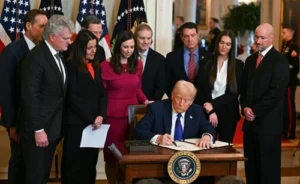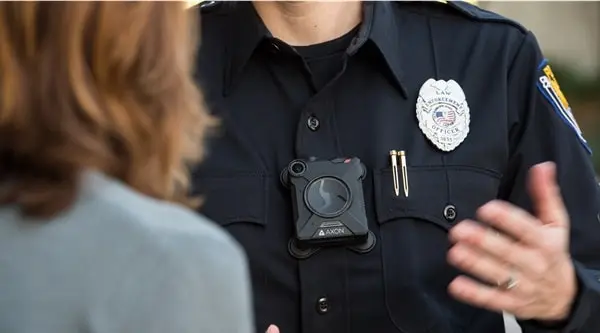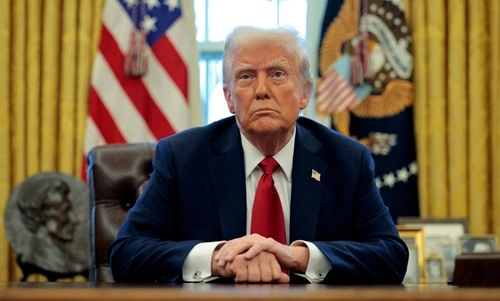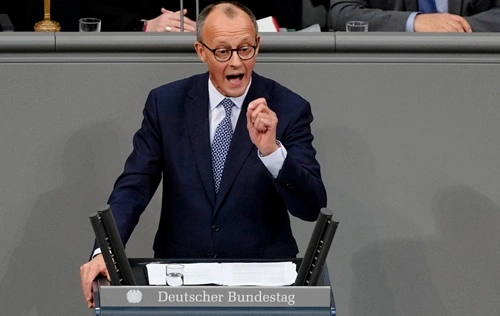In a move that has sparked significant debate, the Ohio state legislature has approved a measure allowing law enforcement agencies to charge the public up to $75 per hour for copies of police and jail videos, including body-worn camera footage. This amendment to the state’s public records law was introduced and passed swiftly, catching many transparency advocates off guard. The bill now awaits the signature of Governor Mike DeWine.
Details of the Legislation
The newly passed measure permits state and local law enforcement agencies to impose fees for the time spent processing requests for video footage. The charges are capped at $75 per hour, with a maximum fee of $750 per request per department. This means that obtaining extensive footage from multiple departments could become a costly endeavor for individuals and organizations seeking access.
Rationale Behind the Measure
Proponents of the legislation, including Ohio Attorney General Dave Yost, argue that the fees are necessary to offset the administrative burden on police departments. Yost has pointed out that an increasing number of requests from social media influencers and YouTube creators have overwhelmed departments, effectively making taxpayers subsidize these private enterprises. By implementing these fees, supporters believe that law enforcement agencies can recoup costs associated with fulfilling time-consuming public records requests.
Concerns from Transparency Advocates
Critics, including the American Civil Liberties Union (ACLU) of Ohio and the Ohio News Media Association, have expressed alarm over the potential impact of the fees on public access to important records. They argue that such costs could deter journalists, watchdog organizations, and ordinary citizens from obtaining footage that is crucial for holding law enforcement accountable. Gary Daniels, chief lobbyist at Ohio’s ACLU chapter, described the bill as a “major blow for government transparency and accountability.” The Ohio News Media Association has indicated plans to urge Governor DeWine to veto the measure.
Implications for Public Records Access
The introduction of these fees marks a significant shift in Ohio’s approach to public records. Historically, state court rulings have limited charges for public records to the actual cost of the medium used for copying, such as paper or digital storage devices. The new measure challenges this precedent by allowing charges based on the time required to process requests, potentially setting a precedent that could influence public records policies in other jurisdictions.
Impact on Media and Public Oversight
Media organizations and public oversight groups are particularly concerned about the cumulative effect of these fees. In situations involving multiple officers or agencies, the costs could escalate rapidly, making comprehensive investigations financially prohibitive. This could hinder the media’s ability to report on critical issues related to policing and public safety, ultimately affecting the public’s right to know.
Governor’s Decision Pending
As the bill awaits Governor DeWine’s signature, both supporters and opponents are keenly observing his next move. The governor’s decision will have significant implications for public access to police records in Ohio and could influence similar legislative efforts in other states. Advocacy groups are actively lobbying for a veto, emphasizing the importance of maintaining transparency and public trust in law enforcement.
In conclusion, the approval of this measure by the Ohio legislature represents a pivotal moment in the ongoing debate over public access to law enforcement records. While it addresses concerns about administrative burdens on police departments, it also raises critical questions about transparency, accountability, and the public’s right to information. As the situation develops, stakeholders from various sectors will continue to engage in discussions about the balance between operational efficiency for law enforcement and the fundamental principles of open government.
















